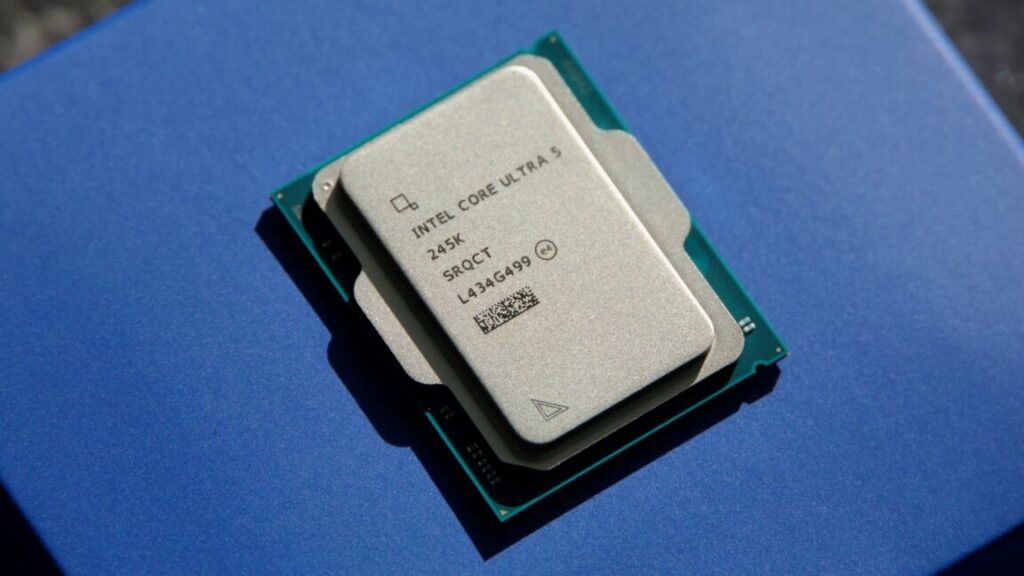Intel is testing BIOS updates to fix performance of its new Core Ultra 200S CPUs
Without tuned power profiles, a separate but related feature called the Intel Application Performance Optimizer (APO) couldn’t kick in, reducing performance by between 2 and 14 percent.
Current BIOS updates for motherboards contain optimized performance and power settings that “were not consistently toggled” in early BIOS versions for those boards. This could also affect performance by between 2 and 14 percent.
The fifth and final fix for the issues Intel has identified is coming in a later BIOS update that the company plans to release “in the first half of January 2025.” The microcode updates in that BIOS update should provide “another modest performance improvement in the single-digit range,” based on Intel’s performance testing across 35 games. When that microcode update (version 0x114) has been released, Intel says it plans to release another support document with more detailed performance comparisons.
If a long Intel support document detailing a multi-stage series of fixes for elusive performance issues is giving you deja vu, you’re probably thinking about this other, more serious problem with 13th- and 14th-generation Core CPUs from earlier this year. In that case, the issue was that the CPU could request more voltage than it could handle, eventually leading to degraded performance and crashes.
These voltage requests could permanently damage the silicon, so Intel extended the warranties of most 13th- and 14th-gen Core CPUs from three years to five. The company also worked with motherboard makers to release a string of BIOS updates to keep the problems from happening again. A similar string of BIOS updates will be necessary to fix the problems with the Core Ultra 200S chips.
Intel is testing BIOS updates to fix performance of its new Core Ultra 200S CPUs Read More »
